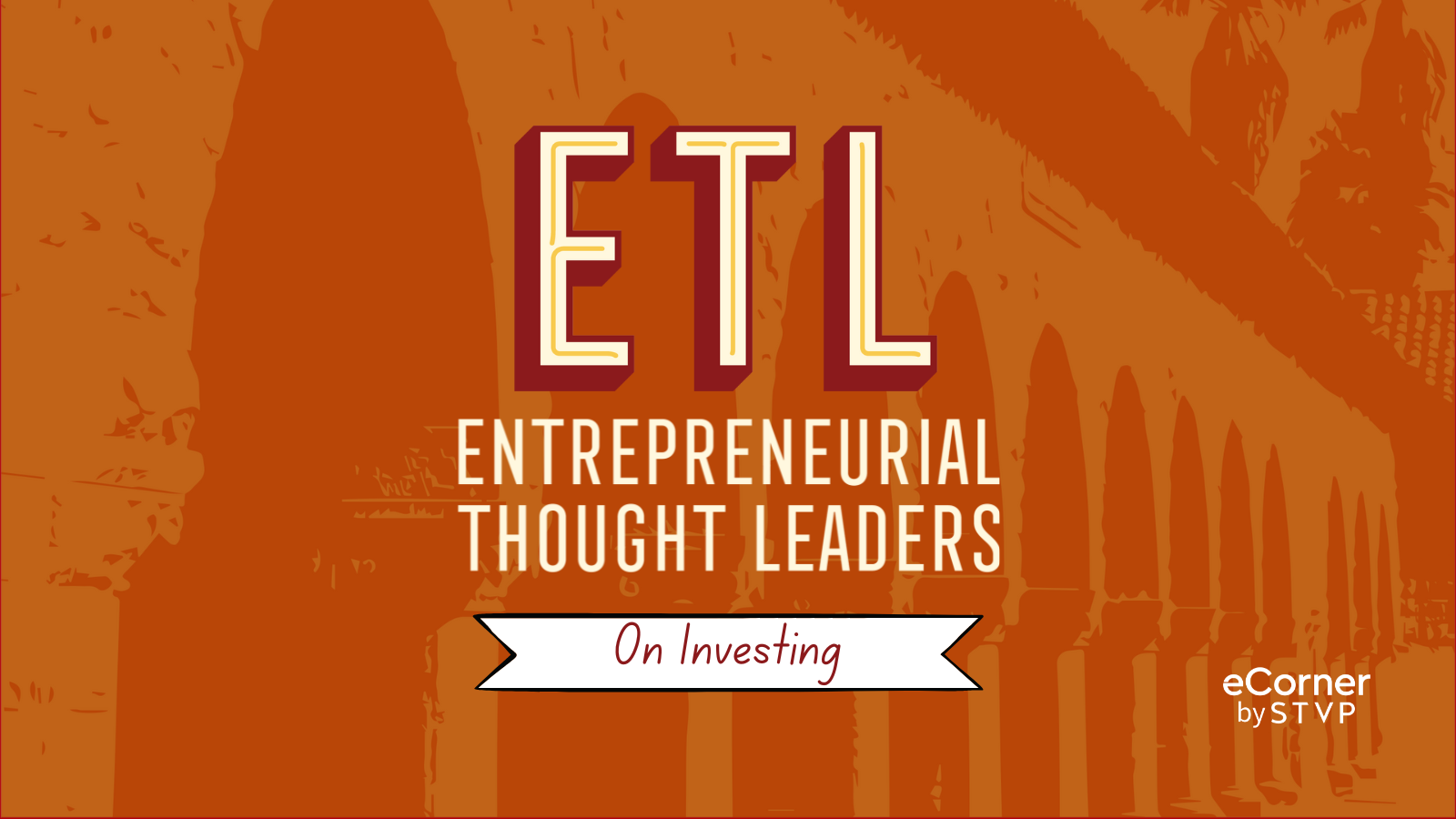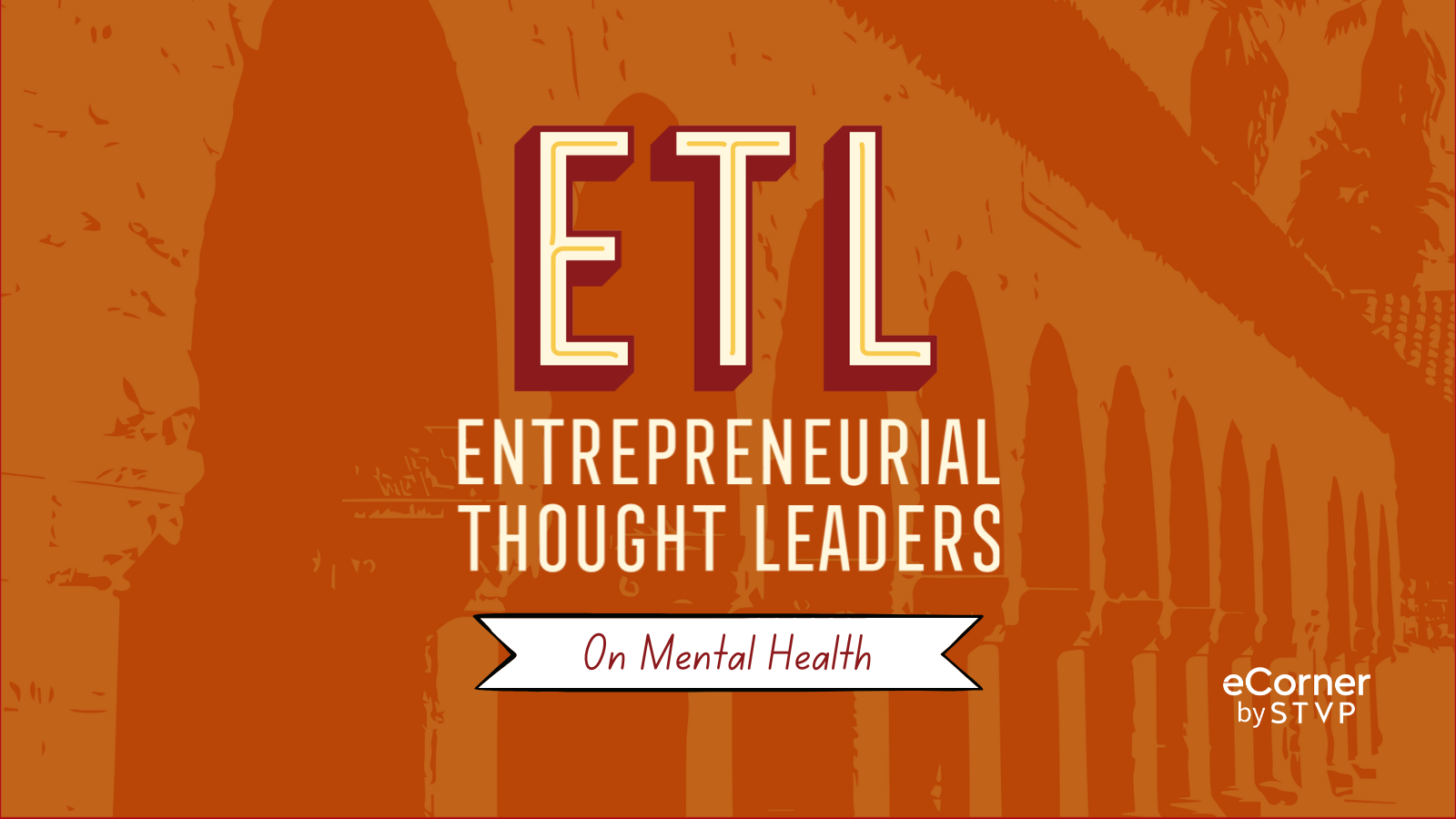How Empathy Pays Off for Entrepreneurs
As clashes between political parties, socioeconomic classes and ethnic factions dominate current events, it’s clear that we could all use a lesson in empathy. Taking the time to put oneself in the shoes of another and experience the problems they encounter everyday reveals unique opportunities to use our own energy and talents to help others and better connect with them.
In our personal lives, it seems intuitive that exercising empathy allows us to better bond with friends, family and acquaintances. It is, in fact, not so different in our professional lives: Approaching negotiations with the goal of helping the other person get what he or she wants, you both will be better off, according to Stanford lecturer Heidi Roizen, a recent speaker at the Entrepreneurial Thought Leaders (ETL) Seminar Series.
“The art of negotiation is finding the maximal intersection of mutual need,” said Roizen, operating partner at the venture capital firm DFJ, quoting her favorite lesson from her days as a student at the Stanford Graduate School of Business.
Often, the opportunities to practice empathy in a meaningful way exist outside of our own networks and communities. In those instances, that may mean venturing way beyond our comfort zone to truly know the pains others feel.
In her ETL talk last month, Code for America Founder Jennifer Pahlka shared the example of how her program’s fellows enrolled in California’s food-stamps program to find out why so many recipients failed to renew their claim and kept falling off the rolls.
By interacting with the time-intensive and non-intuitive online enrollment system themselves, the coders experienced the full frustration of those actually signed up for the “CalFresh” program. It inspired them to simplify the online process, and build an elegant smartphone app for the many recipients without access to broadband.
But most importantly, the coders kept low-income families from going hungry, and in the process they gained a healthy dose of personal fulfillment.
Sometimes, an entrepreneur’s challenge is recognizing what problem to address. In a world so rich in opportunities, the choice isn’t always quite as clear as we’d like.
But consider this for a moment: Might we be asking the wrong question altogether? Perhaps it’s not a matter of recognizing what problem we’re best suited to work on, but rather, just taking the plunge to help out, experience the journey and see if anything in it speaks to us.
In his ETL talk, Shah Selbe reflects on his own volunteering experiences, underscoring the profound effect they had on what he does now as a bona fide “National Geographic Explorer.” By taking the time to volunteer for what he considers worthy causes, Shah said he gained a deeper understanding of the challenges out in the world, while gaining credibility for working on problems for completely altruistic reasons.
Having empathy is, of course, critical for entrepreneurs seeking to understand and solve people’s pain points. But on a more human level, it helps form meaningful relationships with those in our network — and possibly, compels us to volunteer our time and talents in order to serve those beyond who could really use our help.



